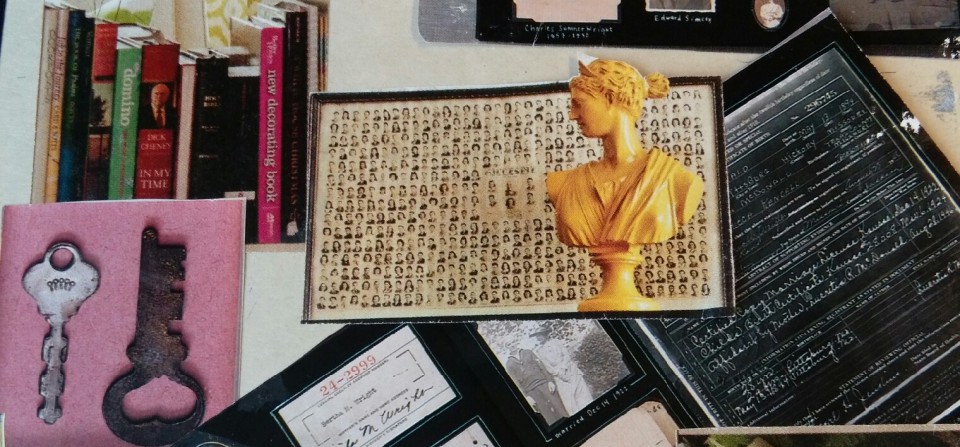I haven’t posted for a while, so here’s a general update, emphasis on reading and writing (of course). Also parenthood.
I have a nice new writing group—actually a 4-5 person group, not incidentally all women, who splintered off from my old Bucks County group. We meet on Tuesday nights and are very supportive of one another’s work. I’m avoiding groups that bring a lot of writing- guru-of-the-month and extreme ninja critique garbage with them.
I’ve decided sometimes a little self-protection is okay, I don’t always have to put myself completely out there to people who have already shown themselves to be unhelpful readers, to put it mildly.
Hannah is loving 5th grade so far. They have a long reading block, in a room with fluffy pillows, comfy chairs and bookshelves and ALL THEY HAVE TO DO IS READ. They can read books from there or bring books from home. They can borrow the classroom books and take them home or around the school with them. Every once in a while they talk individually to the teacher about what they’ve read. That’s it.
She said the first day was kind of nerve-wracking but she was okay because she got plenty of reading time—before school, recess, and reading class. This summer she finally found her inner bookworm– at last. I think I made her read so much she had to learn to like it in self-defense.
I pointed out to Hannah that I was never in 5th grade and maybe now is the time for me to go back and catch up on whatever I missed. In between reading sessions. She pointed out to me, no. I think it’s age discrimination, myself.
Hannah is smart, funny and kind (except about letting me go to school with her), but she narrates every moment of consciousness. It’s like living with Proust, if Proust was ten and had an iPad.
Are you reading anything good? I want to read the new Louise Penny but I’m making myself wait until I finish at least some of the 3 books I’m reading. One of them is The Fifth Season, which just about caused a riot by winning at the Hugo awards. I’m mostly reading it at work, which makes it almost impossible to come back from lunch. It takes a major display of willpower, which could probably be more usefully directed at other things.
I’m working on a silly vampire and time travel paranormal young adult novel called Dark Lustre—sheer fun. Also having fun deciding on my vampire YA pen name—currently in the running: Vanessa Gray, Charlotte Davenport (no points for guessing where I got those), or Jocelyn Madison. I’m open to further suggestions.
What are you reading/writing/thinking?

